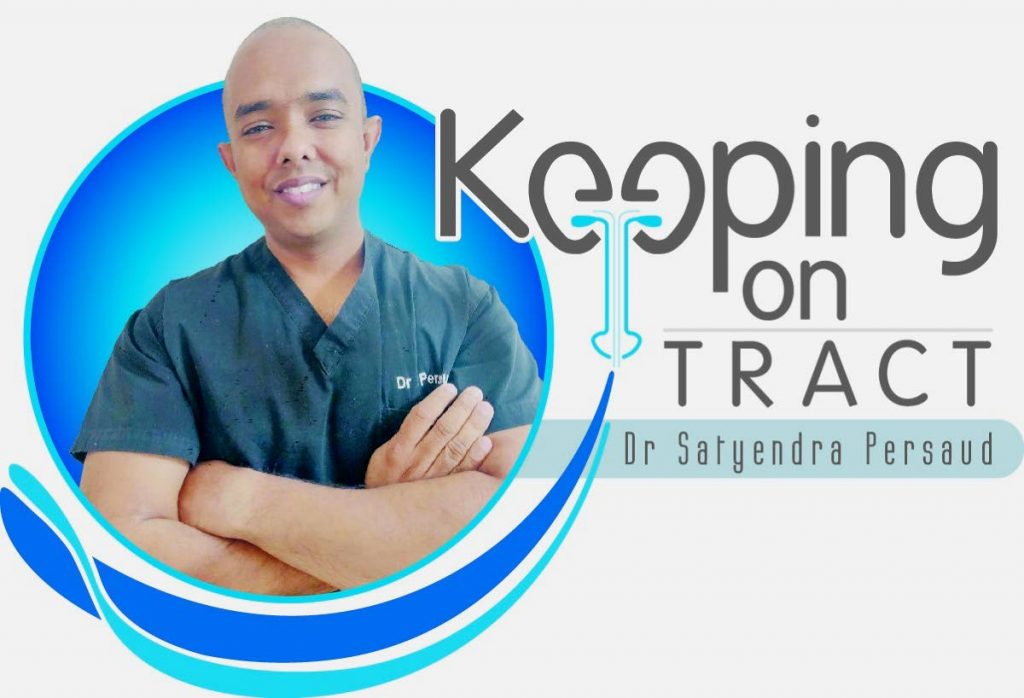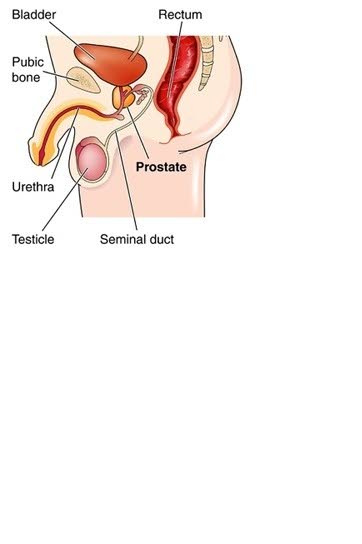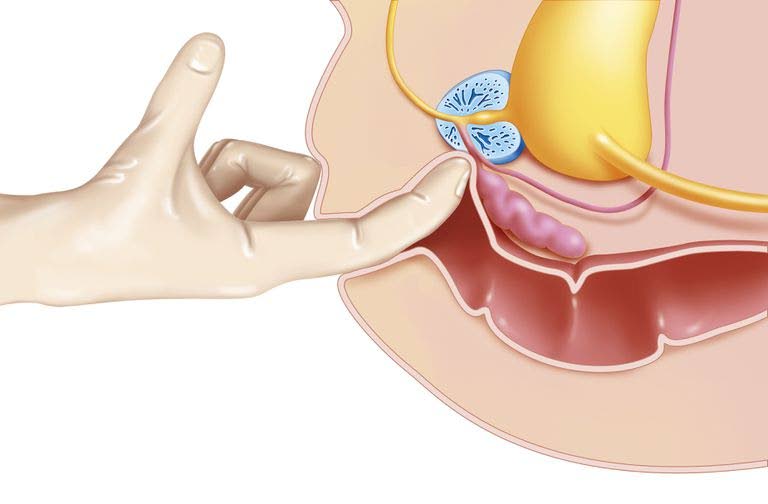Screening for prostate cancer

DR SATYENDRA PERSAUD AND DR T KAWAL
What is the prostate?
The prostate gland is found only in males, where it secretes fluid during ejaculation. It is situated beneath the bladder and in front of the rectum and surrounds the urethra (urine passage). It is approximately 20grams (about the size of a walnut) normally but can become enlarged with increasing age or disease.

Who gets prostate cancer and is there treatment?
Any male can be affected by prostate cancer. However, your risk increases with age and a positive family history. Being Afro-Trinidadian also puts you at higher risk.
If you are diagnosed with this condition, do not despair, as treatment options exist, but vary depending on disease stage.
Some possible treatment options include surgery, radiation therapy and hormonal therapy and sometimes even close observation, treating only if necessary.
Are there symptoms of prostate cancer?
Symptoms may vary widely depending on the extent of the disease present. In its early stages, most men have no symptoms. Patients may have problems passing urine or see blood in the urine. Bone pain and weight loss, though not specific to prostate cancer, can occur in advanced disease.

Rarely, the cancer can grow large enough to obstruct the kidney pipes where they enter the bladder and cause the kidneys to fail.
Why should you be screened?
Local data have shown that prostate cancer is a leading cause of cancer deaths in males in TT. In fact, the Caribbean has the highest age-specific mortality of prostate cancer in the world. Additionally, according to one local study, most of our prostate cancer patients are Afro-Trinidadian and this ethnic group is more likely to have aggressive disease.
The purpose of screening is to detect prostate cancer early on, before it has spread. Therefore, curative treatment can be delivered to the patient. There has been debate about whether screening works. However, large-scale studies have shown that screening saves lives. And given that our population is at higher risk, we believe that screening may be even more beneficial in our setting.
New guidelines being proposed for the Caribbean have suggested men should consider starting annual screening at age 40-50 years with those with a strong family history starting at age 40. We would also suggest that Afro-Trinidadian men consider screening at age 40.
How do you get screened?
Screening is done via a blood test called a PSA and by examination of the prostate. Most urologists still recommend the rectal examination, as some cancers can occur even with normal blood tests and your prostate exam may provide the only clue.
PSA means Prostate Specific Antigen. It is a substance found in the blood and is produced by the prostate. The most worrisome cause of a high PSA is prostate cancer, but it may also be elevated in men with large prostates or even in infections. Your doctor will be able to interpret your PSA reading and repeat it if necessary.
DRE: Digital rectal examination. Most men are apprehensive about undergoing this. However, it is quite simple and is not painful at all. It is performed while the patient lies on his side, with the doctor inserting one gloved finger into the anus and rectum. There is no trauma or damage to the anus. The prostate is felt for any nodules or irregularities. It often takes only a few seconds. An enlarged prostate doesn’t always mean prostate cancer!
These tests do not diagnose prostate cancer. Instead, they raise our suspicion. If either test is abnormal, you may need a biopsy of the prostate where 12 small bites are taken from the prostate and examined under the microscope for cancer – this is done under local anaesthesia and you are discharged after the procedure. Increasingly, MRI scans are being utilised to help us diagnose prostate cancer, particularly in men who have had a persistently high PSA and a negative biopsy.
You should talk to your doctor about the screening process and discuss the potential implications and what they may mean for you.
Dr Satyendra Persaud is a lecturer in urology at the University of the West Indies and is responsible for both undergraduate and postgraduate teaching. He is a consultant based at the San Fernando General Hospital and is co-ordinator of the residency programme in urology. He is a Fellow of the Royal College of Surgeons of England.
Dr T Kawal is a urologist in training at the University of the West Indies.

Comments
"Screening for prostate cancer"